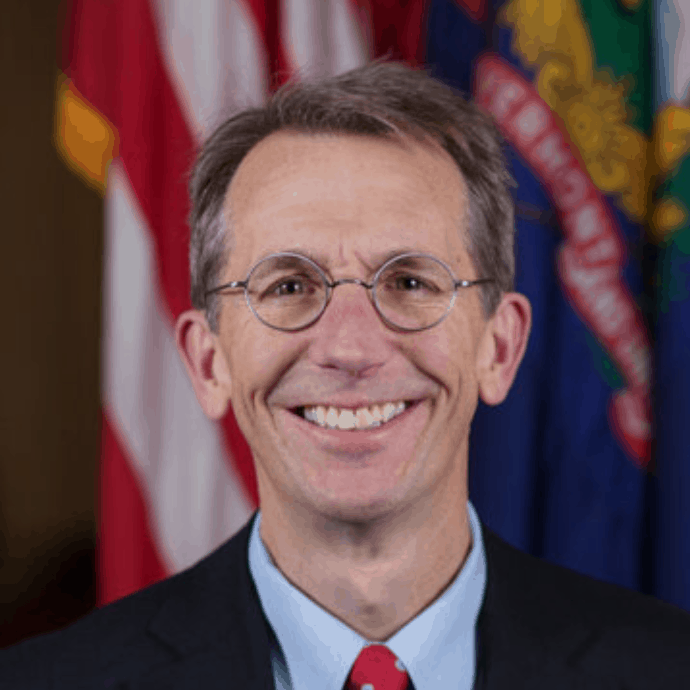“I can’t afford to live here” and “It’s not worth it” is what I often hear when talking about property taxes. It is one of the main reasons I ran for office — to find a better, more sustainable way to pay for public education.
The bulk of most property tax bills is the statewide education tax. That was created in 1997 in Act 60 in response to the Vermont Supreme Court case, Brigham vs. the State, which found that the old way we funded education did not provide a substantially equal education opportunity for children across the state. In effect, it created a statewide Grand List and established an education tax on properties’ full market values to fund education across the state.
Education spending increased in part because of that redistribution of taxing capacity and for other reasons, but here we are.
So, what are the options we have in Vermont to provide some property tax relief?
Cut spending. In education, reducing spending means reducing education programs, reducing staff, and/or consolidating schools. Each has significant downsides and is extraordinarily difficult because of education expectations, contract negotiations, and support for local schools.
Swap taxes. Instead of a property tax, move education funding to another tax source. Well, the education fund already has a mix of revenue sources, with 25% coming from homestead property taxes, 40% from non-homestead property taxes, all of the state’s sales taxes, part of the rooms and meals and purchase and use taxes and all net proceeds of the lottery. Moving to an income-based tax is a possibility, though Vermont already has one of the highest marginal tax rates in the country.
Buy down taxes. Not a great idea, but it is a temporary relief for property tax payers to be able to use some one-time funds/reserves to reduce property taxes for all payers. The problem is that you have to make up the difference when you don’t have those funds the next time.
Exempt specific taxpayers. Some states have specific exemptions for seniors, active-duty military members, the blind or disabled, firefighters or police survivors, and veterans.
Deferral for seniors. If a senior could not afford to pay the entire property tax because of a fixed income and escalating taxes, the person could opt to have the balance deferred until the house is sold because a lien would be placed on their home.
Create a homestead exemption. This would exempt a specific amount of the property value from taxes for primary residents, say the first $100,000 in value, essentially lowering the property taxes, provided that all residents are taxed at the same rate.
Create a property tax credit. This reduces the property tax bill based on the person’s ability to pay. Vermont has this in place with specific brackets and phase-outs. It is administratively complex, has “financial cliffs,” and has a lag in which your future property tax credit is based on your previous year’s income.
So what is the answer? Well, in many ways, all of them. Personally, I don’t like the idea of deferral because we shouldn’t be setting taxes beyond people’s ability to pay in the first place, and reducing the value of their most significant investment would be a disservice to them and their families. The existing property tax credit has some real administrative flaws that could be addressed better and more simply through a creatively designed homestead exemption. And moving to a different source of revenue is something worth considering. Each one has consequences, some intentional and some unintentional, and we need to understand all of them before moving forward.
My focus in this legislative session is to work on this issue and to create a fair funding formula that supports a quality education system in Vermont — more details in the weeks to come.
Charlie Kimbell is the state representative for Windsor-5, which includes Woodstock, Reading and Plymouth. Email: [email protected].




